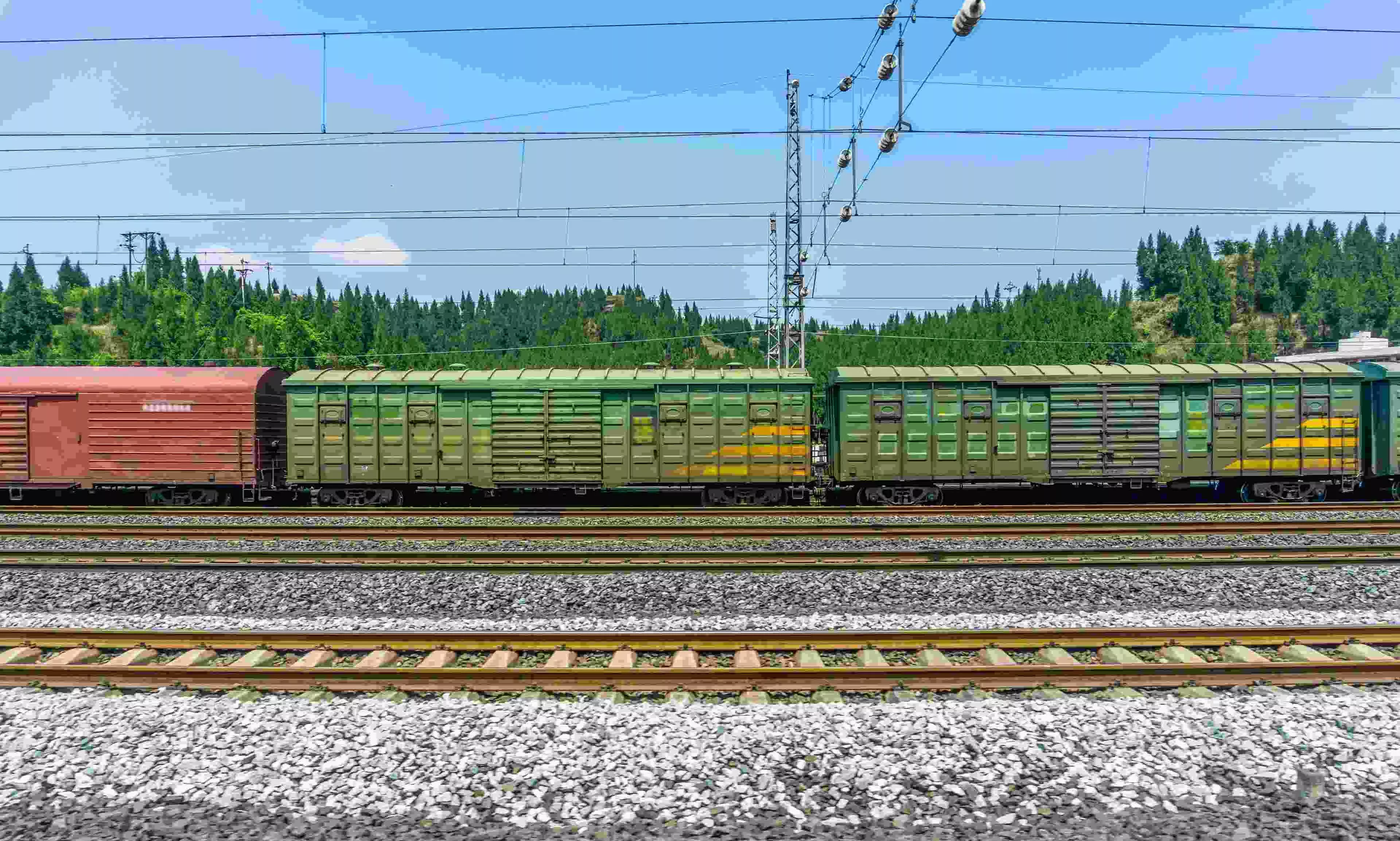Indian Railways freight loading crosses 1 billion tonne mark in FY26
Coal remains the largest contributor at 505 MT, followed by iron ore (115 MT), and cement.

Representative image
Indian Railways has announced that its freight loading for the current fiscal year (FY 2025-26) has crossed the one-billion-tonne mark, reaching 1020 million tonnes (MT) as of November 19th. This achievement highlights the Railways' role in supporting India's accelerating industrial expansion and infrastructure development.
The continued performance is evident in the strong daily loading rate, which currently averages 4.4 MT, a notable increase from the 4.2 MT recorded during the same period last year.
Coal remains the largest contributor at 505 MT, followed by iron ore (115 MT), and cement (92 MT). Other contributors include container traffic (59 MT), pig iron and finished steel (47 MT), fertilisers (42 MT), mineral oil (32 MT), and food grains (30 MT). Raw materials for steel plants added approximately 20 MT, with the balance-other-goods accounting for 74 MT.
According to the official press release, the freight loading between April and October 2025 reached 935.1 MT, a solid year-on-year growth compared to the 906.9 MT recorded during the corresponding period last year.
The sustained momentum has been bolstered by the recent rollout of comprehensive reforms aimed at modernising freight operations. The recent roll out is the Policy for Bulk Cement Terminals and the implementation of rationalised rates for bulk cement movement in containers.
These strategic measures are designed to increase bulk handling capacity, drastically reduce transit time, and lower logistics costs. This directly benefits industry players and end consumers by driving greater efficiency across the supply chain, acting as a catalyst for sectoral transformation.
Beyond commercial metrics, the drive to shift bulk goods movement to rail is yielding profound environmental benefits. This transition reduces the national carbon footprint, helps to decongest highways, and provides industries, including MSMEs, with access to greener logistics solutions.



